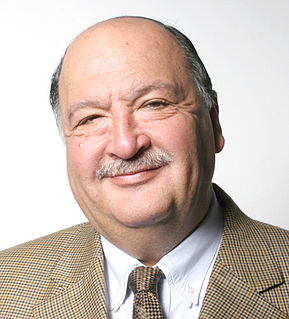A Quote by Tom Hodgkinson
What seems extraordinary is that the richest countries in the world, in terms of economic output, are the ones where we work hardest. You would have thought that the end of all this innovation, technological advancement, and financial wizardry should be to create less work, not more of it.
Related Quotes
I see that things are getting made a lot faster for less money and there are a lot less opportunity, I think, for actors. There's not a lot of work in the U.K. I mean, that's why everyone's moving to America because that's where the work seems to be. But it definitely feels like a lot more of a slog to get a gig these days. I suppose that's a lot to do with our current climate and financial messes. I certainly see that people seem to have to work harder with a lot less time.
We live in an extraordinary time. We are caught up in a pace of social and technological change that makes our work, our business and education, sources of anxiety and unfulfillment. Thinking about our thinking and observing our observations can bring us a new world in which work becomes a place for innovation, and in which peace, wisdom, friendship, companionship and community can exist. Let us design this world together.
We're just trying to end illegitimate government support for a single technology, which is un-American. We should be leading the world in the next generation of technological innovation. But we can't unleash private capital because of what the government is doing to stifle innovation and to choke competition.
The paramount doctrine of the economic and technological euphoria of recent decades has been that everything depends on innovation. It was understood as desirable, and even necessary, that we should go on and on from one technological innovation to the next, which would cause the economy to "grow" and make everything better and better. This of course implied at every point a hatred of the past, of all things inherited and free. All things superceded in our progress of innovations, whatever their value might have been, were discounted as of no value at all.
Like all disciplines where information is shared and work contributes to their advancement, cuisine should be no different. The kitchen is our life, and we are available to share. We want to share our work so that future generations can cook and create a more efficient, easy and unquestionable quality.
This was 1990, the year that communism died in Europe and it seemed strange to me that in all the words that were written about the fall of the iron curtain, nobody anywhere lamented that it was the end of a noble experiment. I know that communism never worked and I would have disliked living under it myself but none the less it seems that there was a kind of sadness in the thought that the only economic system that appeared to work was one based on self interest and greed.
This is the first global crisis that doesn't start in poor countries and it was caused by the rich countries. So it's necessary to take advantage of this crisis - the financial system has to be regulated. It's necessary that the central banks in the world should control a little bit the banks' financing, because they cannot bypass a certain range of leverage. And I believe that there's no other - more any reason for a G-8 group or any other "G." I believe that we should guarantee that the G-20 should be now an important forum to discuss the major economic issues of the world.





































